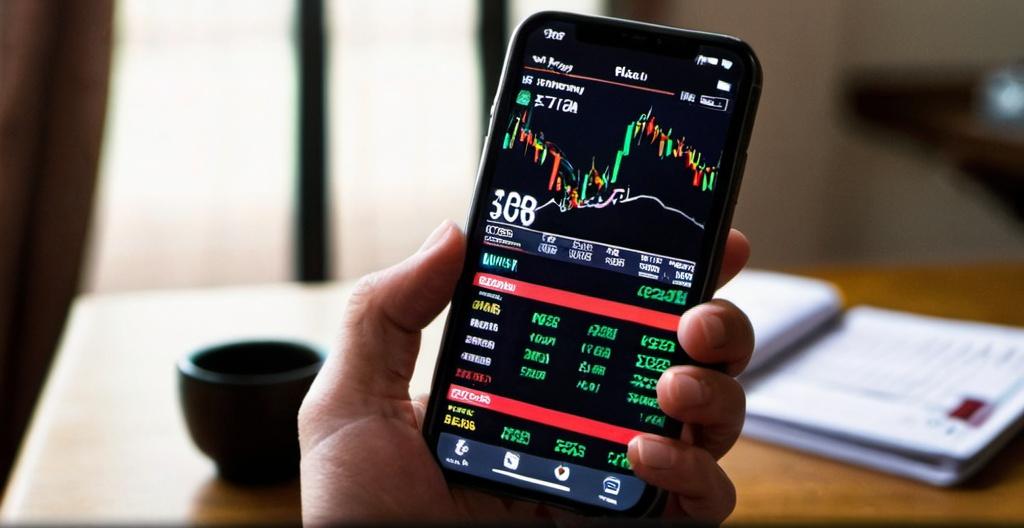Are Binary Options Signals Legal? Why Enforcement Is So Difficult
Binary options signal providers operate in a regulatory fog. Some function like financial advisors, offering trade recommendations to thousands of users. Others behave more like affiliate marketers, pushing signals in exchange for brokerage commissions. Very few are licensed. Even fewer are transparent. And yet, these services continue to flood Telegram channels, Discord servers, social media ads, and even broker dashboards—all while promising “winning trades” and “guaranteed profits.”
So, are binary options signals legal? The short answer: it depends on where you’re standing. In some jurisdictions, providing signals without a license is considered unregulated investment advice—a breach of financial promotion rules. In others, it falls outside enforcement priorities, particularly if the signals are framed as “educational” or “informational.” And in most cases, when signals go bad and users lose money, regulators struggle to trace the origin or even define a clear breach.

The Regulatory Gap and Why It Persists
Part of the problem is structure. Signal providers usually don’t hold client funds. They’re not executing trades. They’re not offering managed accounts. They operate as third parties—informational middlemen. This creates a legal gap. Unless they make explicit claims or directly promise returns, they’re hard to prosecute under traditional financial conduct rules.
The other issue is jurisdiction. Many signal operations are run offshore, behind VPNs, or through disposable domains. They vanish quickly. Or worse, they’re tied to affiliate networks that funnel new clients into unregulated brokers in exchange for kickbacks. It’s a volume game: if even a small percentage of users deposit and lose money, the provider profits. The risk, as always, sits with the trader.
As one expert from BinaryOptionSignals.com explains:
“The problem isn’t just the false promises—it’s the structure. Most signal sellers operate outside of regulation, never touch client money, and disappear before anyone can chase them. Even when the losses are real, enforcement has nowhere to land.”
Signal Marketing Often Crosses the Line
While the act of sending a trade idea might not always be illegal, how that signal is marketed often is. Social media ads showing “guaranteed profits,” fake testimonials, doctored screenshots, and photos of luxury lifestyles all fall into the category of misleading financial promotions. In the UK, for instance, the Financial Conduct Authority (FCA) has strict guidelines on what can and can’t be said in investment advertising. But enforcement requires visibility. Most of these signal services operate under usernames, burner accounts, or through encrypted platforms that regulators can’t monitor in real time.
Even when violations are reported, they often lead to nothing more than takedown notices. The perpetrators resurface days later under new branding, promoting the same “automated signal strategy” to a fresh wave of traders.
Why Traders Rarely Get Justice
For traders burned by fake signals or misleading advice, the road to justice is almost non-existent. Unlike disputes with regulated brokers—where there may be ombudsman services or client compensation schemes—there’s no formal process to claim losses caused by an anonymous signal group. Reporting the scam may generate a warning notice or add to a regulatory watchlist, but it won’t recover funds or stop the operation.
Even classifying the harm is tricky. Most signals are framed as “recommendations” or “education,” placing the burden on the trader to decide. In legal terms, that weakens the victim’s claim. And even if the intent to deceive can be proven, tracking the operator across borders, platforms, and digital aliases is rarely feasible for individual retail traders.
Regulation Can’t Catch What It Can’t See
Binary options signals exist in a regulatory loophole where the harm is real but the liability is blurred. The structure of these operations is designed to avoid legal exposure. And until regulators gain broader cross-border enforcement powers—or major platforms begin actively banning and de-platforming signal sellers—most of these outfits will continue operating in plain sight.
For traders, the legal standing of signals is less important than the practical risk: the person sending that alert is rarely accountable. They don’t lose when you do. And that’s all you really need to know.
This article was last updated on: July 17, 2025